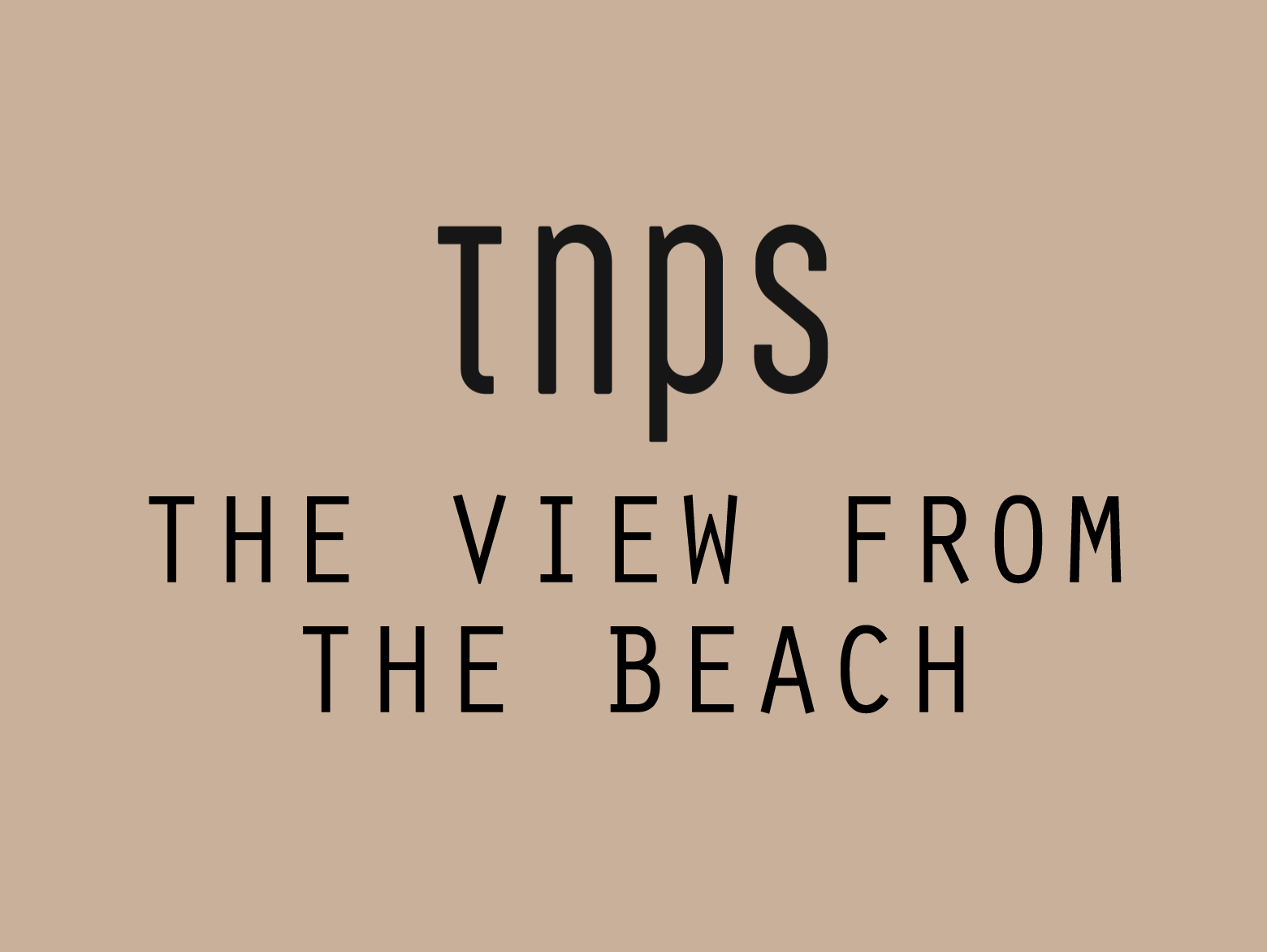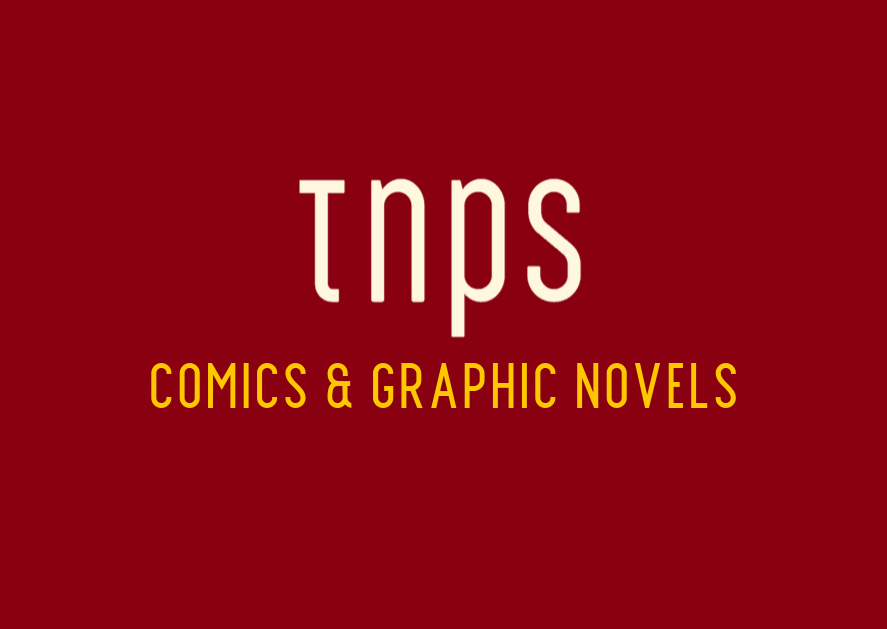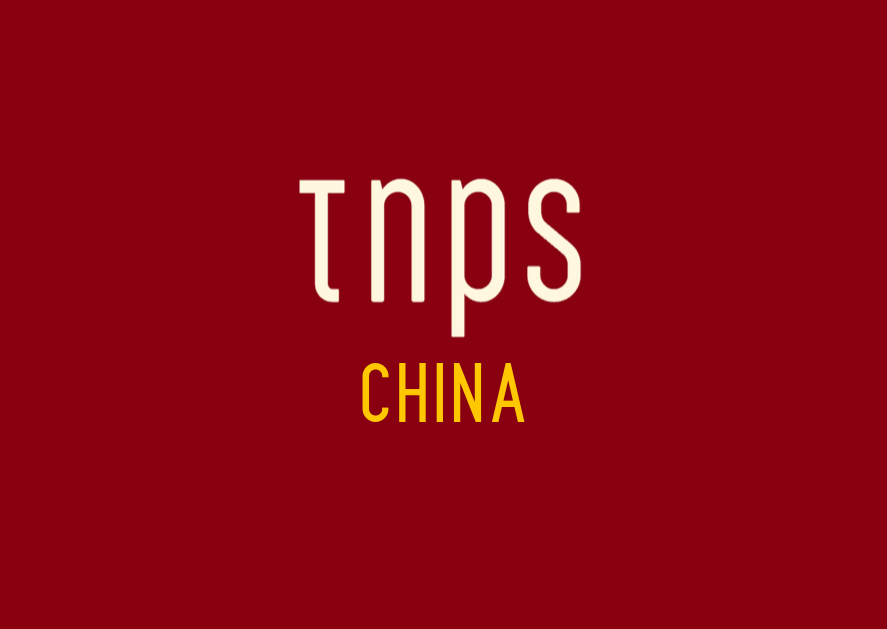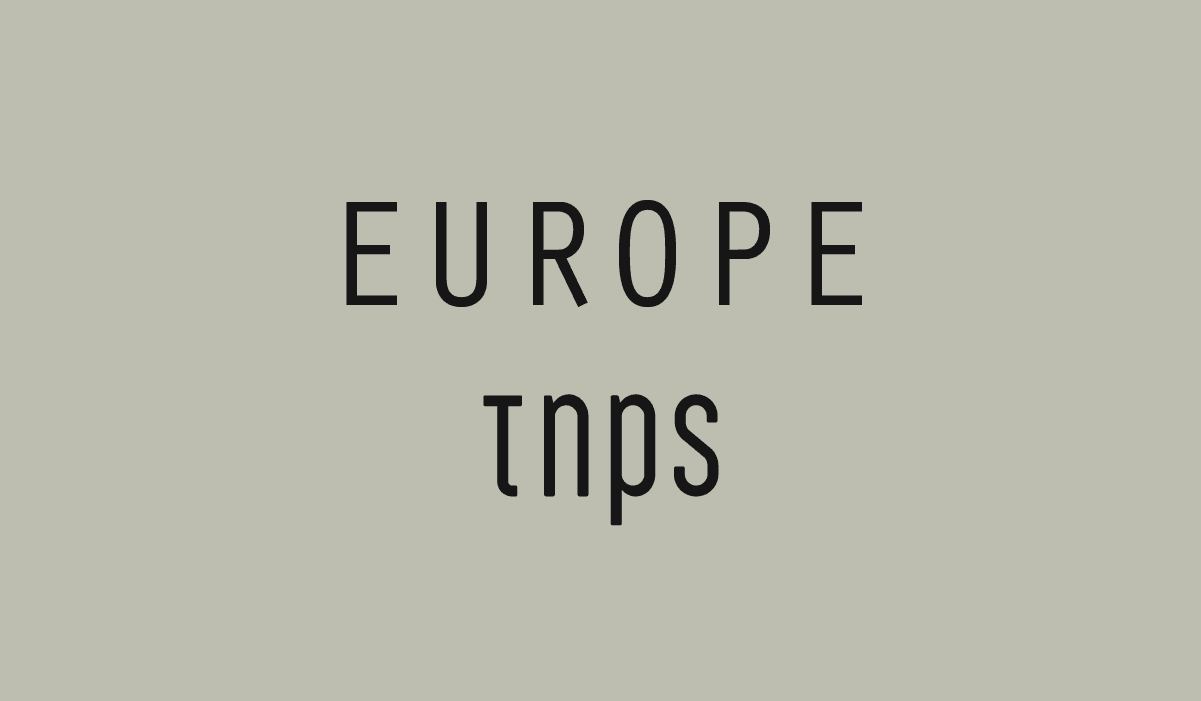Cultural appropriation, while not new, is a rising theme in a modern world that is connected in a way impossible to imagine even ten years ago, and with it comes an acceleration in examples of perceived and actual cultural appropriation as well as examples of extreme reactions to this appropriation.
Back in August this year Teen Vogue ran an op-ed titled White People Need to Learn How to Appreciate a Different Culture Without Appropriating It, where Alisha Acquaye allowed righteous indignation to descend into racist overtones, blaming one ethnic group – white people – for doing what we see happening across the globe with all ethnic groups. Sorry, but cultural appropriation is not the exclusive preserve of what Acquaye calls,
a very specific form of “post-racialism” only afforded to white or white-passing people with power.
Bizarrely the post-racialist example offered was nothing more than Madonna wearing dreadlocks.
Acquaye might better have saved her righteous indignation for a story that re-emerged over Christmas that Disney (not the white man himself, but the corporation that delivers his heritage) has trademarked an African phrase.
Hakuna matata – “No worries” as translated to English – are probably the best known Swahili words on the planet, and by limiting itself to the animal world Disney avoided too much controversy with its wildly successful animated cartoon take on the African continent in the Lion King film series.
But hakuna matata is not Uncle Walt’s property, and many feel the company has taken “cultural appropriation” to a whole new level by slapping a trademark on it.
In fact the trademark was filed way back in 1994 and became effective 2003, but is gaining new opposition now as a remake of the Lion King nears release, this time in an era of connectivity where Kiswahili speakers in the Great Lakes region of East Africa are aware and able to voice their opposition to what is happening.
Kiswahili, as the Swahili language is correctly termed, is spoken by around 150 million people, and as reported recently here at TNPS is growing in cultural confidence.
It’s one thing to write stories about foreign lands and characters. Quite another to appropriate and trademark their very language. But is that what’s actually happening?
This “latest” move by Disney, some argue, goes beyond the “cultural appropriation” accusations levelled at the company after the film Moana was released.
On Facebook Ngugi wa Thiong’o, one of Kenya’s best loved novelists, asked,
Language-Piracy? Kiswapiracy, appropriation or just good old-fashioned exploitation?
Interestingly the phrase hakuna matata is widely used across the African continent and beyond, not just in the Great Lakes region..
And that raises questions of context.
When we watch a Marvel film on TV or at the cinema we’ll see that little ® symbol accompanying the word Marvel, which offers trademark protection to the world. But no-one is suggesting the word “marvel” is therefore the property of Disney (as Marvel is now owned by), simply that in the context of comics brands, the world Marvel is Disney’s.
Likewise the trademarking of hakuna matata does not, as some voices in the East Africa media have opined, mean Disney can sue some innocent Kenyan who speaks the phrase or wears it on a t-shirt or otherwise uses the phrase, unless of course it was directly related to one of the characters in the Lion King films.
So no, Disney’s trade-marking of hakuna matata is not cultural appropriation, language piracy or exploitation, but simply good business.
In the interconnected world of the 2010s and beyond authors and publishers all around the world will face accusations of exploitation as we try to appeal to a global marketplace, and indignant voices will be raised against perceived wrongs.
Parties on both sides need to show respect and consideration for “foreign” cultures, but also to take a step back from knee-jerk reactions to perceived grievances.
Last month a Nigerian author railed against the European fairytale Snow White, asserting it was damaging the minds of African children.
Or rather, “black children”, which brings us full circle to the racism dressed up as righteous indignation that I began this post with.
Nigerian author Okechukwu Ofili argued,
Imagine a black child reading Snow White and encountering the line, ‘Mirror, mirror on the wall, who is the fairest of them all?’. They will connect fair skin with beauty and it messes with their minds.
Ofili went on,
A lot of people in Nigeria bleach their skin and wear wigs, in order to try and appear more Western, and I believe a core part of that is because of what we start teaching our children at a young age. [It is damaging for a child] to read these books, which are full of fair-skinned characters described as ‘beautiful’, but which don’t look like them. It builds up.
Ofili seeks to lay blame for the actions of his fellow country folk – mature adults capable of making their own decisions – on books they may, or just as likely may never, have read as children.
I’m writing this from The Gambia in West Africa and am familiar with several people – men and women – who use these so-called skin-whitening creams. A quick survey found that none had read Snow White and many had never even heard of the story.
And of course black children in America and Europe are somehow immune from this debilitating impact of western fairytales on black African children.
So much for Ofili’s righteous indignation.
Ofili got some great headlines for his opinions, and no doubt some extra sales for his “black” version of Rapunzel.
Yes, you read that right.
Afro: The Girl with the Magical Hair is a book by, ahem, Okechukwu Ofili, who explained,
If Rapunzel was black, she wouldn’t be able to let her hair down because her hair grows up. So I thought, ‘Let’s flip this story’. Instead of a castle, this character is captive in a hole. Instead of the queen saying, ‘Let down your hair’, she says, ‘Let up your hair’.
So rather than write an original African story for African children Ofilli appropriates a classic European fairytale.
Except of course that no-one in the west is screaming about cultural appropriation.
In an interview with the UAE’s The National (this during the Sharjah International Book Fair) Ofili concluded,
We need to be able to tell our own stories in our own way […] I got a call from a teacher in Nigeria who was so frustrated because he wanted to show his students an African children’s book and he couldn’t find enough.
That, of course, is the real problem here.
Lets leave aside here whether Offili is living up to his own sentiments about Africans telling “our own stories” by rewriting a story from Europe.
The real challenge is to enable and encourage African authors and publishers to create a canon of African children’s literature that is indeed their own.
But that can be achieved without inverted racism and denigrating the works of other cultures.





